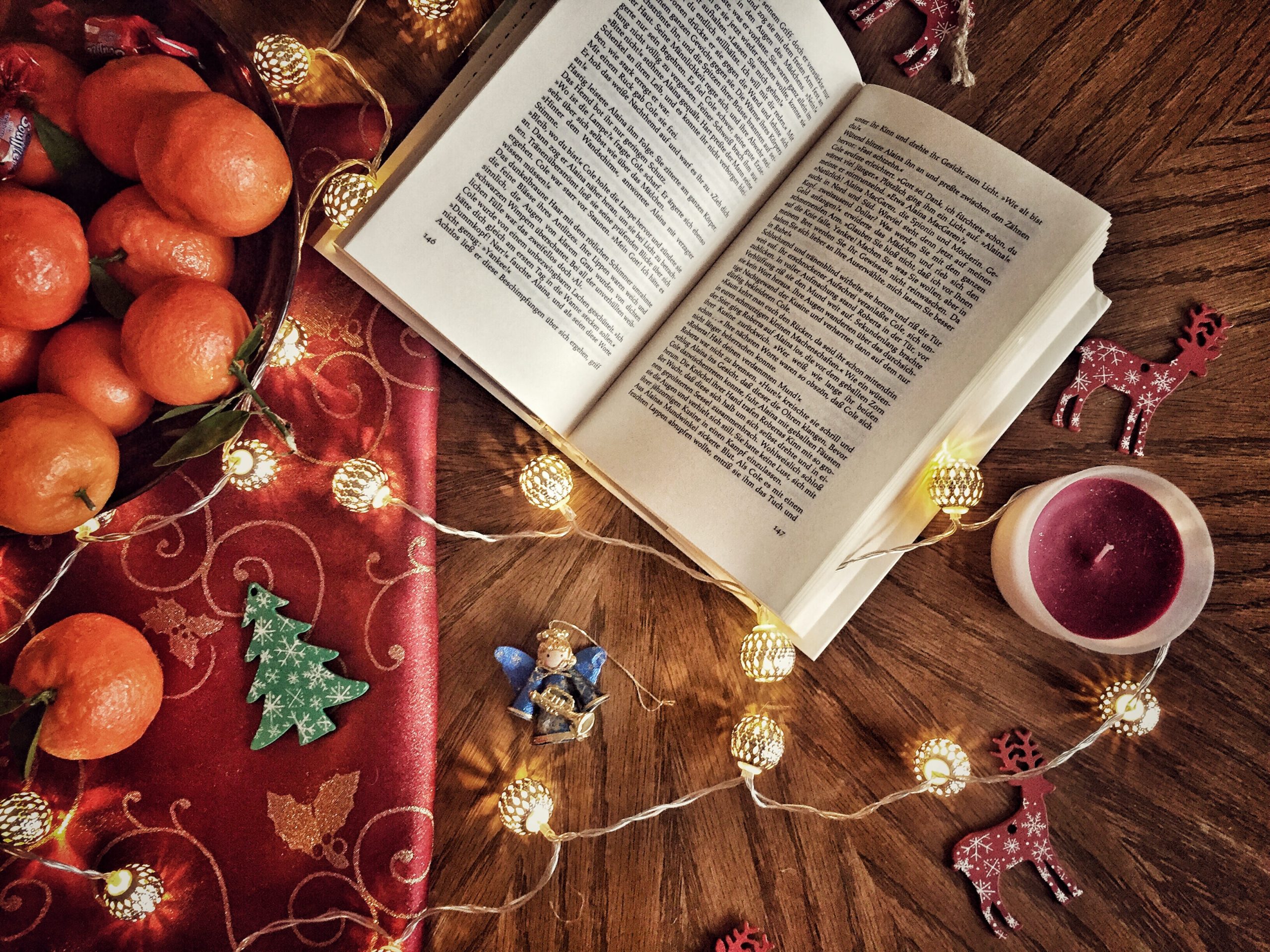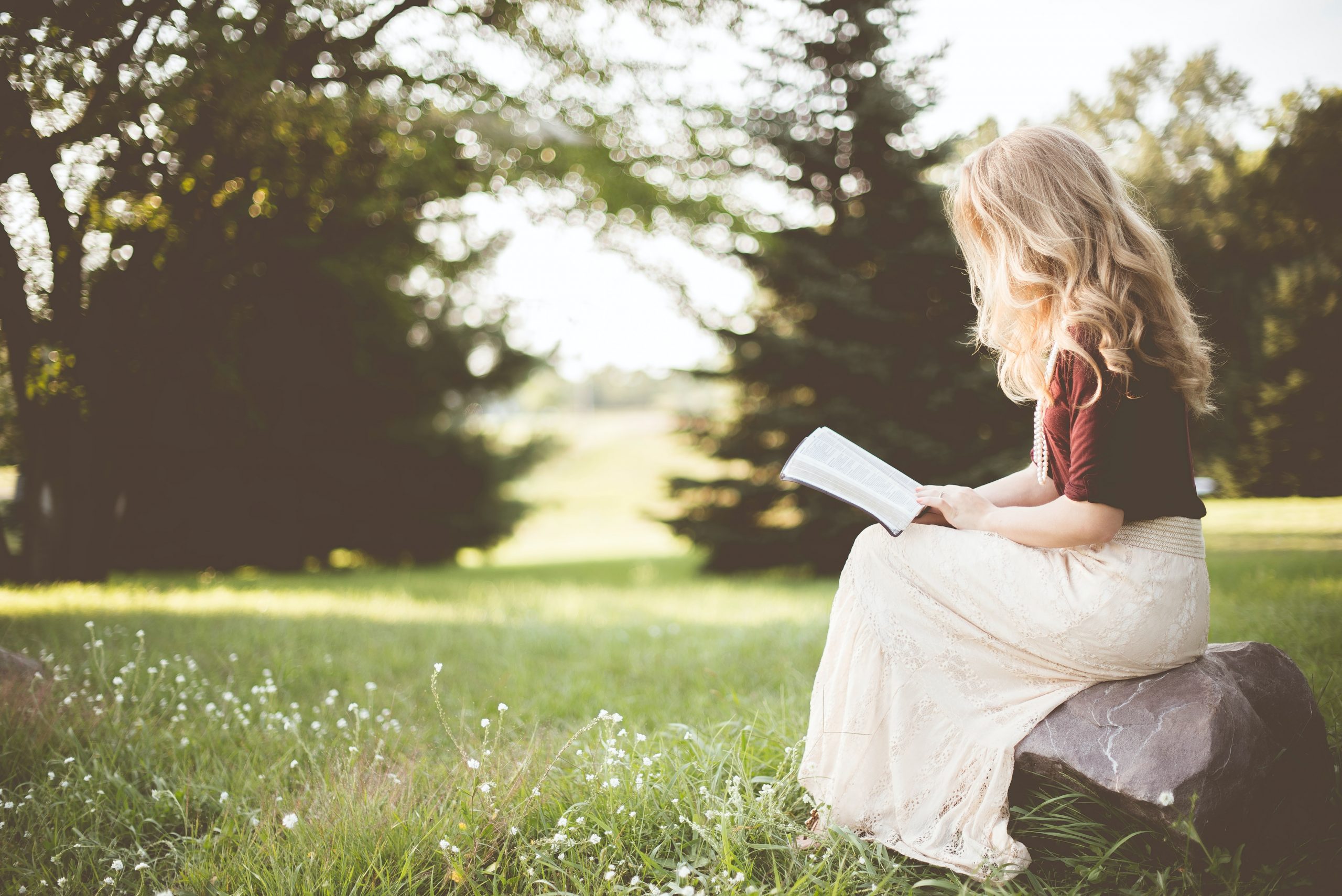April 29, 2011 7 Comments
In the Linus’s Blanket version of twenty questions, I send a list of questions to a willing victim author and they choose which questions and how many questions they want to answer. Brunonia Barry, who wrote the novel The Map of True Places, played along and answered sixteen questions. Here is what Brunonia had to say about reading, writing and asking the big questions.
Would you give us a bit of introduction and let my readers know who you are, how you got started writing, and what kind of books you like to write?
Though I’ve never wanted to do anything else, my path to full time writing has been a circuitous one. I started out in PR and marketing, with a stint in Hollywood, an optioned screenplay that was never produced, and a job as a script reader. After moving back to Salem, MA, and seeing it with new eyes, I decided to write a novel about it, a contemporary story with imbedded history. The Lace Reader took me seven years to write and was initially published by a small press started by my husband and myself. It received a starred review from Publisher’s Weekly and was purchased rather quickly by William Morrow then later published in 30 languages. My second book, The Map of True Places, just came out in paperback. Both are stories about contemporary Salem, and both have imbedded (though very different) histories. I feel compelled to write about psychological and philosophical issues, in particular the distinction between perception and reality. I want to ask difficult questions that get people talking about the things we usually don’t discuss openly: mental illness, isolation, transcendence. My latest novel is about finding our way home when all the life maps we’ve been given fail. How do we create new maps for ourselves in a rapidly changing world?
I am often struck by the different ways writers respond to the process of writing a book. Linus’s Blanket refers to my use of reading and other activities as a means of escape and comfort, can you share with us any routines, food or recipes, or favorite books or rituals that help you thorough the writing process?
I truly believe that a writer’s job is to ask the big questions. Though our characters must arc and our plots resolve, I don’t think that we should necessarily answer those questions. Toward that end, I keep the following quote from Rainer Maria Rilke posted on my bulletin board where I can see it every morning before I start writing:
Be patient toward all that is unresolved in your heart and try to love the questions themselves as if they were locked rooms or books written in a foreign language. Do not seek the answers, which cannot be given you now because you would not be able to live them. And the point is, to live everything. Live the questions now. Perhaps then, someday far in the future, you will gradually, without even noticing it, live your way into the answer.
People live in stories, we are surrounded by them. What was it about this the story that made it the one you had to tell at this time? What impact did telling this story have on your life? Did you find that it had changed you?
The world is changing so quickly. The maps we follow for our individual lives have always been subject to unexpected twists of fate, but lately our modern world has shifted in ways we never expected: economic collapse, global terrorism, environmental disasters. The recent earthquake in Japan literally rocked the world on its axis.
So how do we navigate our lives when our old maps have become obsolete? The answer, I think, lies in finding our own true places: safe havens that are homes to us. Sometimes these places are real. Sometimes they exist only in memory and imagination. Almost always, they are connected to people we love.
Writing the book definitely changed my perception of how I define home and family. By writing the story, I was able to discover the true places in my own life.
What are you reading now? What are some of your favorite books and authors? Has writing your own book changed the way that you read?
Right now, I am reading The Solitude of Prime Numbers by Paulo Giordano. I love contemporary American writers, but I’m trying to expand my horizons to include more international titles. I’m also a big fan of the classics, particularly the American Dark Romantic writers. And then there’s James Joyce. When I was twenty, I moved to Dublin for a year to study Ulysses. I was obsessed.
I think my writing has made me more aware of technique. I love to see how other writers handle dialogue and structure.
Are you able to read when you’re writing and if so what books inspire you when you’re working on a novel?
I do read when I’m writing, but my reading is often part of my research. For my latest book, I reread Hawthorne, particularly The House of the Seven Gables which is where my story was set. I reread Moby Dick as well. I also read biographies of Hawthorne and Melville, and several volumes of Yeats’ poetry. Salem’s navigational history plays a big part in the story, so I read everything I could find on that as well as several ships’ journals. Two books on celestial navigation helped me to define my novel’s image system. I read several medical journals and every book I could find on bipolar disorder.
I am a member of a book club that meets monthly, so I read their selections as well. I am also sent many books to blurb, which I love to do. I read as many of those as time allows.
What types of books would some of your characters have if they were readers? Given their issues what book(s) would you suggest for them to read?
Maureen, the mother in my latest novel, was a tragic figure, a writer who committed suicide when her daughter was thirteen. She both read and wrote fairy tales about “the great love,” but the stories she wrote were decidedly more Brothers Grimm than Hans Christian Anderson or Disney. She was also very fond of Yeats. His poetry spoke to her soul.
As a psychologist, my protagonist, Zee, read a great deal of Jung. She would have read all the classics because her father, Finch, was a professor. One book she read many times was Jane Eyre, because Mr. Rochester’s first wife reminded her a bit of her mother, Maureen. She both loved and hated this book.
Finch, the father in the story is a Hawthorne scholar and teaches courses on America’s dark romantic writers. He would do well, I think, to read a bit of modern literature, though I doubt he would agree to such a thing.
In the past I have visited a blog called Daily Routines and it’s all about the schedules of writers and creative people. What does a typical day look like for you and how do you manage a busy schedule?
I usually do a bit of writing at 3AM, because I always seem to wake up then. For me, it’s a good time to create. For and hour or two, my mind is free of the chores and obligations of daily living. Then I go back to sleep. Sometimes what I have written makes sense the next morning, sometimes it is just a jumble of stream of conscious musings, but it is always useful on some level. I start my real writing day in the morning as soon as I get out of bed, and I do all my original drafting then, working within the structure of a chapter outline, but otherwise free to experiment. I don’t drink coffee while I’m creating original material, I find that caffeine sharpens my mind too much. I prefer a dreamlike state. In the afternoons, I edit. I do appreciate caffeine for that task. I write for a full day, then answer emails and try to catch up on my to do list. These days, I have a deadline, and I’m quite disciplined about it. Though it can be difficult to summon creativity at will, the idea that I am able to write for a living is the fulfillment of a long held dream.
If you could make everyone read five books, which ones would they be?
Ulysses
Moby Dick
The Great Gatsby
To Kill a Mockingbird
The Age of Innocence
Did you know what you wanted the title of the book to be? How involved were you in choosing the name of the book?
I am always very involved in choosing the title. With The Lace Reader, I started out with the title and wrote the book from there. With The Map of True Places, I didn’t have the title until about half way through the first draft. I knew it was a story about finding your true place in the world, and that I wanted a title that was a quote from Hawthorne, Melville, or Yeats. I kept pouring over their quotes, but I wasn’t seeing what was right in front of me. One morning my husband woke up and showed me Melville’s quote from Moby Dick: “It is not down in any map, true places never are,” and wrote down the title on a piece of paper which he handed to me: The Map of True Places.
Do you ever look back at your early work? How do you feel your writing style or approach to writing has evolved since you first began?
I started out writing screenplays. As a result, I think my first novel was a bit dialogue heavy. That changed a bit with this new one. I find I’m much more comfortable with a longer form than with trying to adhere to a strict structure that dictates the number of pages you must write. I’m learning to love internal monologue. There’s definitely an evolution occurring. When I finish the next book, I may see it more clearly.
What were your experiences with reading when you were growing up? Was there a pivotal moment in discovering literature when you knew that you wanted to be a writer?
I always knew I wanted to be a writer. I read many books growing up, basically anything I could get my hands on. I remember reading To Kill a Mockingbird under the covers by flashlight. That book changed me forever. The idea of using a child’s point of view to bring up such important issues was brilliant, I think.
How many works in progress do you have going at any one time?
Only one. I do a bit of blogging, but even that pulls me out of the world of my story, which is where I like to live when I’m writing.
Are there other books you love or writers you admire that are from your local area?
I love Paul Harding’s writing. I adored Tinkers. I also like Andre Dubus. I think his latest book, Townie, is terrific. I like anything that Lisa Genova writes. I like Katherine Howe and Kathleen Kent, both of whom have also written about Salem. I also like Elyssa East. One of my favorite books of the year was Father of the Rain by Lily King. Julia Glass is a wonderful writer. I read everything of hers. There’s also a new book called The Night Circus (which I just blurbed) that comes out in September by a local writer named Erin Morgenstern. It’s already one of my all time favorites.
Who was your favorite character to write, and why did you have an affinity for that character in particular?
My favorite character in my latest book was nicknamed Melville, because he spent a great deal of his life at sea. He is Finch’s life partner and most likely caused the end of Finch’s marriage and maybe the death of his ex-wife as well, so he has a lot to live with, which makes him interesting to write. He has a number of conflicting emotions. Everyone in the novel has an ethical decision to make, and Melville’s is one of the most difficult. Even though I’ve finished the novel, Melville has stayed with me.
Did you have to do much research when working on your books, and do you tend to write first or research first?
Research plays a huge part in my writing. I tend to do the research first, reading and taking notes on everything I think I’ll need before I start to write. This generally takes a few months. Invariably, as the story reveals its layers, I have to do more research, which always lends some great texture to the novel.
What’s next?
I will be breaking away from Salem for my next novel, heading to Ireland, Italy, and New Orleans before returning to Boston. More than that I cannot say.



